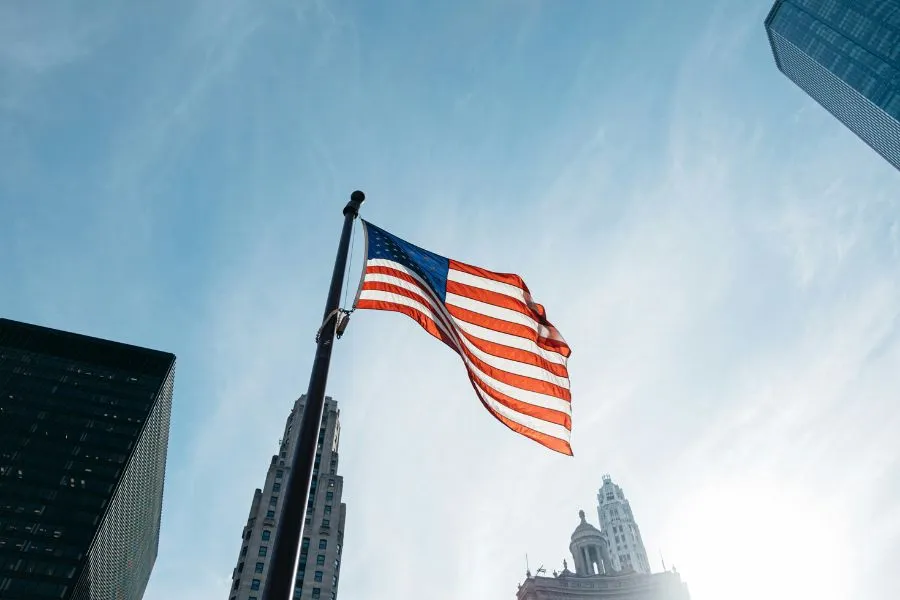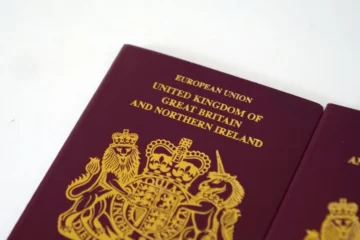The U.S. government has introduced major updates to the H-1B visa program, effective September 19, 2025. The headline change is a $100,000 supplemental fee for all new H-1B visa petitions filed from outside the United States. This measure aims to prioritize U.S. employment stability, ensuring that American workers are not displaced by lower-cost foreign labor.
Key points about the fee and policy:
- Applies only to new H-1B visa petitions filed abroad.
- Existing H-1B visa holders in the U.S. are not immediately affected unless they leave and reapply.
- Designed to encourage employers to offer competitive wages and retain domestic talent.
Overall, the change signals a strategic shift toward protecting local employment while still allowing highly skilled foreign talent to enter the U.S., albeit at a higher cost.
Key Takeaways
Which Countries Are Fully or Partially Restricted?
Alongside the fee increase, the U.S. has implemented country-specific visa restrictions. These restrictions target nations deemed high-risk or politically sensitive.
Countries under full H-1B restrictions:
- Afghanistan
- Iran
- Libya
- Yemen
- (plus eight other countries covered by the ban)
Nationals from these countries cannot enter the U.S. under any nonimmigrant or immigrant visa category unless they meet a special exemption.
Also Read: Germany Abolishes 3-Year Citizenship Path for Professionals. What You Need to Know?
Countries under partial restrictions:
- Seven nations face limited access, affecting certain visa categories such as tourist, student, and exchange visas, though the H-1B visa remains mostly exempt for citizens of these countries.
For applicants outside the affected regions, these restrictions do not prevent H-1B petitions, but travel plans and visa stamping may require additional documentation or security reviews.
Who Is Exempt from the New Fee and Restrictions?
Despite the sweeping changes, a large majority of H-1B applicants remain unaffected. Key exemptions include:
- Existing H-1B holders already in the U.S.
- Nationals of most countries, including:
- India
- China
- The Philippines
- European Union member states
Applicants from these countries can continue filing H-1B petitions under the new fee structure, but they remain largely exempt from travel bans or severe restrictions.
This ensures that the H-1B program still functions as a pipeline for international talent in critical technical, scientific, and professional roles.
Don’t Delay Your U.S. Work Plans – Understand the Latest H-1B Changes
We connect you with trusted immigration experts who simplify the entire process — from paperwork to approval.
How the Fee Hike Could Affect Employers and Applicants
The $100,000 supplemental fee has clear implications for hiring practices and overall workforce planning:
- Employers may reassess budgets when hiring foreign talent, especially for mid-level or lower-wage positions.
- Companies in technical or scientific fields may absorb the fee due to high demand for specialized skills.
- Small startups or organizations relying on cost-effective international labor might face financial strain.

For applicants, this change means:
- Higher entry costs, particularly for those applying from abroad.
- A potential shift toward more selective employment opportunities where employers prioritize roles critical to operations.
In short, both employers and applicants must factor the fee into financial planning and job negotiations.
Steps Applicants Should Take Before and After the Policy Change
To navigate these updates effectively, prospective H-1B visa holders should:
- File petitions early, especially if planning to submit from abroad.
- Check country-specific restrictions to confirm eligibility and potential exemptions.
- Coordinate with employers to determine who will cover the supplemental fee.
- Gather all supporting documentation in advance, including employment contracts, proof of qualifications, and any security clearance documents.
- Monitor announcements from U.S. Citizenship and Immigration Services (USCIS) for procedural updates.
Applicants who submitted petitions before September 19, 2025, will proceed under the previous fee rules, so timing can be critical in avoiding extra costs.
Also Read: Apply Now: KPMG’s Fully Funded Global Internship Program for 2026
Long-Term Implications for Global Talent and the U.S. Job Market
The fee increase and country restrictions may have broader effects on the U.S. labor market:
- Employers may prioritize high-wage roles to justify the added cost, potentially reducing opportunities for mid-level positions.
- U.S. competitiveness in attracting global talent could be challenged if alternative countries offer lower costs and fewer restrictions.
- The policy may incentivize foreign applicants to seek employment with multinational corporations capable of absorbing the fee, rather than small startups.
For global talent, this is a signal to plan strategically, align with employers who value international experience, and understand the financial and logistical implications of applying under the new rules.
Conclusion
The H-1B visa changes in 2025 represent a significant shift in U.S. immigration policy, combining a hefty supplemental fee with selective country restrictions. While existing visa holders and applicants from most countries remain eligible, new applicants must carefully plan their petitions, budget for higher fees, and stay informed about potential travel limitations. Employers, particularly in technical and scientific sectors, will need to adjust hiring strategies to maintain competitiveness while complying with these new requirements.





